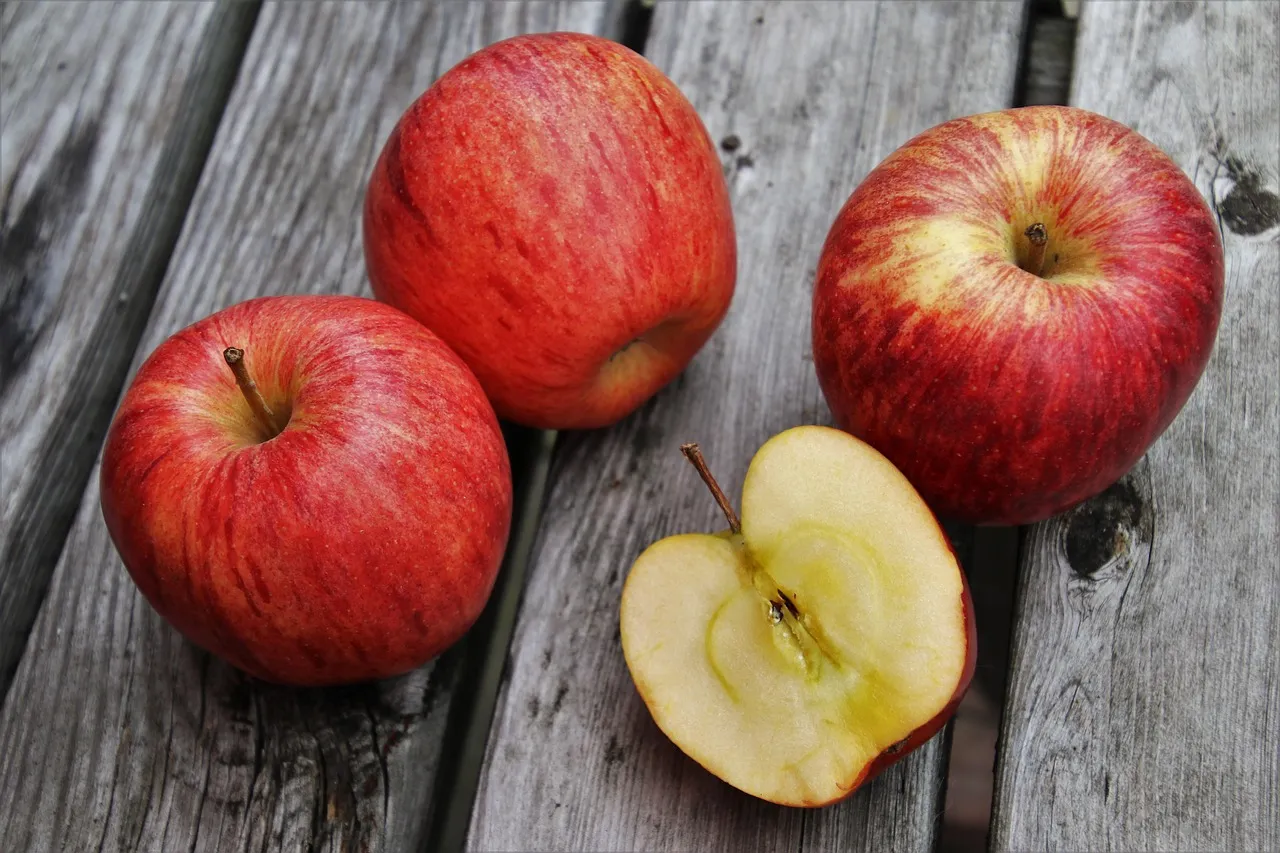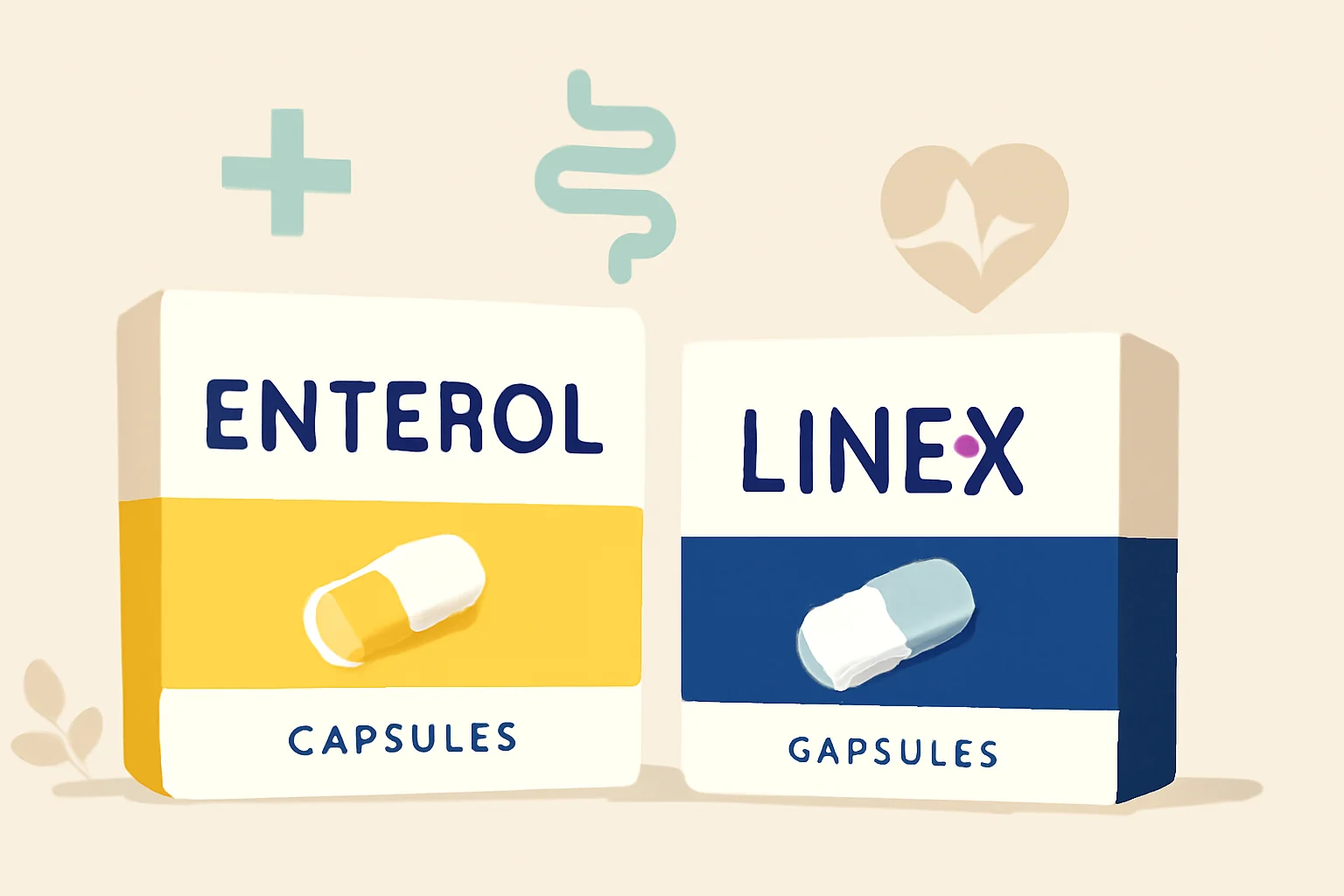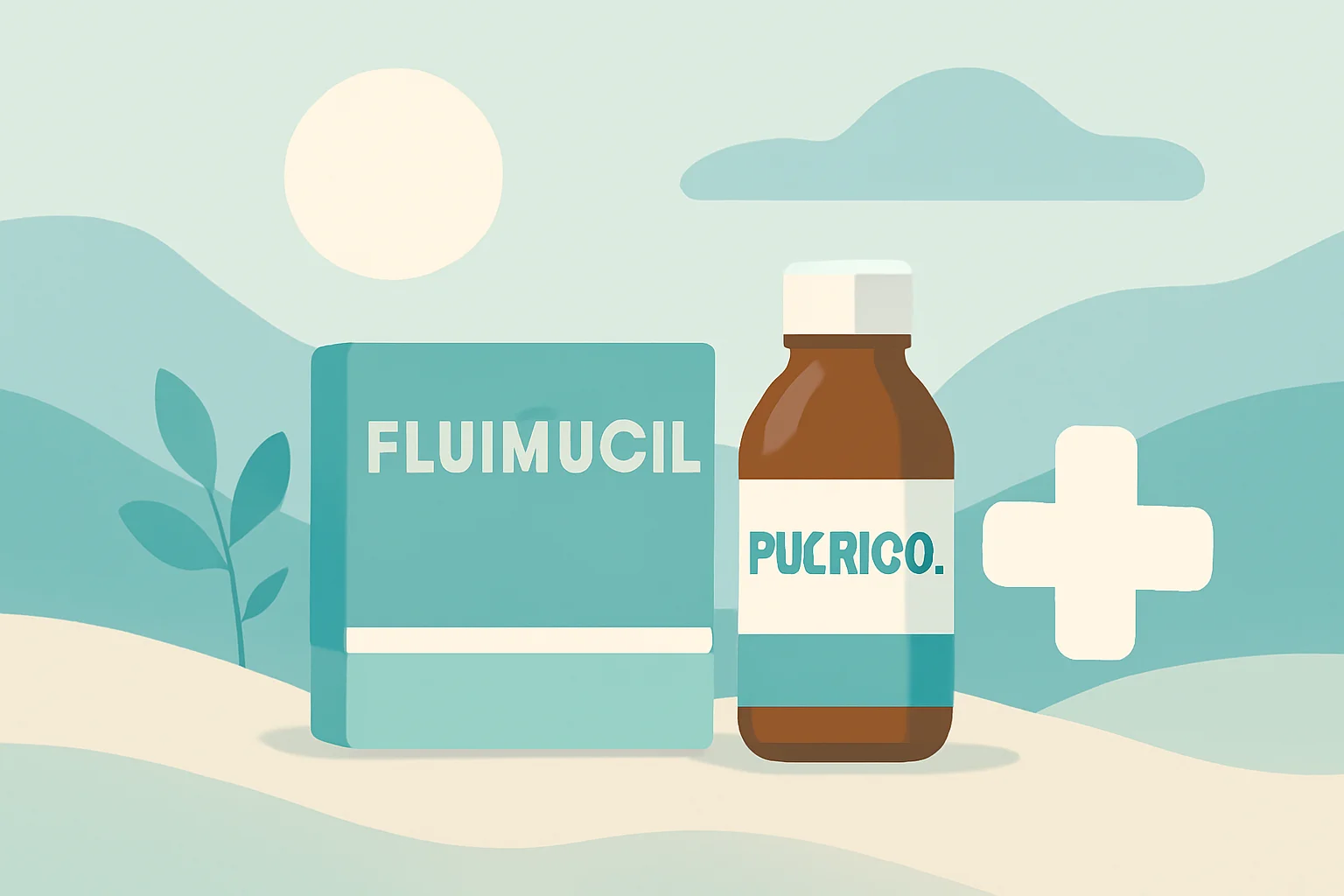
The effect of hawk eye: why it is worth incorporating into our diet?
The hawk’s eye is a plant that has been used in folk medicine for centuries, particularly in traditional remedies. This herb is primarily used to protect our eyes and improve their health. Many people have experienced the effects of the hawk’s eye, and recently the scientific community has also taken notice of the plant’s beneficial properties. The leaves and roots of the hawk’s eye are rich in nutrients, vitamins, and minerals that can positively impact the human body.
The popularity of the hawk’s eye is increasing as the demand for natural remedies rises. People are increasingly seeking alternative solutions for various health issues that can help without side effects. The hawk’s eye not only plays a role in improving vision but also has beneficial effects in many other areas. The plant can be consumed in various forms, such as tea, capsules, or powder.
To understand the effects of the hawk’s eye, it is important to thoroughly examine how the plant works in our bodies and what benefits it offers. Below, we will present in more detail the beneficial effects of the hawk’s eye, its uses, and the results of research.
Hawk’s Eye and Eye Diseases
One of the most well-known and recognized effects of the hawk’s eye is its ability to improve vision and prevent eye diseases. The nutrients found in the plant, particularly vitamin A and lutein, play a crucial role in maintaining eye health. Vitamin A is essential for proper vision, while lutein helps protect the eye from oxidative stress, which can lead to eye diseases such as macular degeneration and cataracts.
Users of the hawk’s eye often report a decrease in eye fatigue, especially among those who spend long hours in front of a computer. Due to the plant’s antioxidant properties, it may help reduce eye irritation and dryness, contributing to a more comfortable visual experience. The effects of the hawk’s eye also include improved visual acuity, especially in low-light conditions.
It is important to note that the hawk’s eye is not a miracle cure and cannot replace regular eye examinations. Even if the plant has beneficial effects on eye health, proper medical care is essential for preventing eye diseases. The hawk’s eye can be used as a complementary treatment, but always consult with your doctor before introducing any new supplement into your daily routine.
The Effects of Hawk’s Eye on the Skin
The hawk’s eye not only has beneficial effects on eye health but also on our skin. The plant’s antioxidant properties can help protect the skin from harmful environmental effects, such as free radicals and UV radiation. The vitamins and minerals found in the hawk’s eye, such as vitamin C and vitamin E, contribute to skin hydration and the preservation of its elasticity.
Many people struggling with skin issues, such as acne or eczema, have discovered that using the hawk’s eye can help alleviate inflammation and redness. Due to the plant’s anti-inflammatory effects, it can also aid in skin regeneration and reduce scarring. It can also be used in topical applications, such as creams or masks, which can help treat skin problems.
To harness the effects of the hawk’s eye on the skin, it is worth looking for various skincare products that contain this plant. However, it is important to always perform a patch test before using a product to avoid potential allergic reactions. Like all natural ingredients, the hawk’s eye may have different effects on individual skin types, so it is advisable to pay attention to the skin’s reactions during use.
Hawk’s Eye and General Health
The effects of the hawk’s eye are not limited to eye and skin health. Numerous studies have shown that the plant can contribute to strengthening the immune system and may help reduce inflammation. The antioxidant content of the hawk’s eye supports the body’s defenses, aiding in disease prevention.
Additionally, the hawk’s eye has beneficial effects on the circulatory system. Some studies suggest that consuming the plant may contribute to lowering blood pressure and improving heart health. The flavonoids and polyphenols found in it can help maintain the health of blood vessels, thereby reducing the risk of cardiovascular diseases.
When taking the hawk’s eye, it is important to consider that to achieve the best effects, the plant should be used in conjunction with other healthy lifestyle changes. A balanced diet, regular exercise, and stress management techniques can all contribute to maximizing the beneficial effects of the hawk’s eye. As with any supplement, consult your doctor before using the hawk’s eye, especially if you have existing health issues.
This article does not constitute medical advice. In case of health problems, please always consult your doctor.

